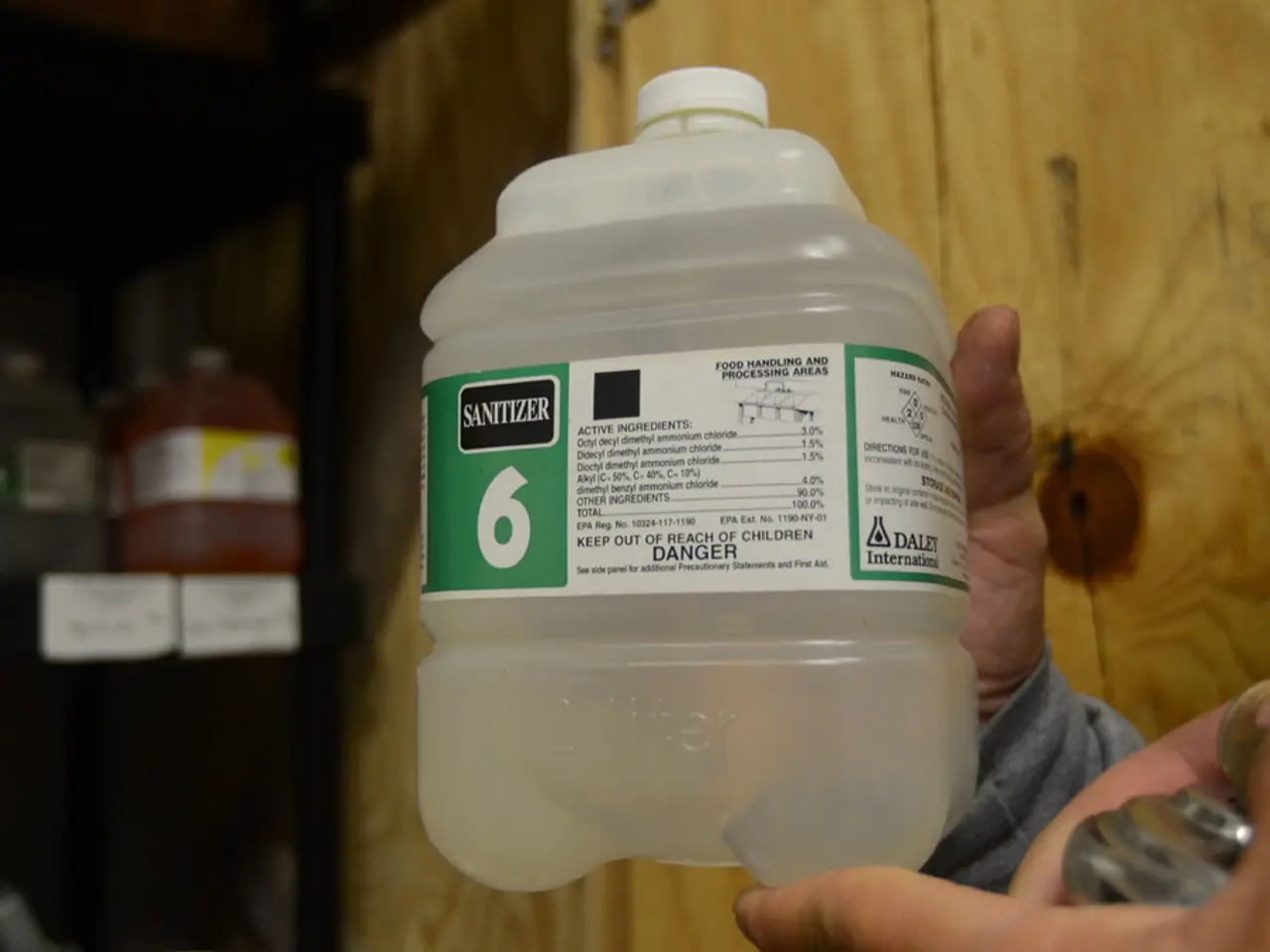Soil and Plant Temperature Influence Elucidated
In the intricate dance of plant growth and development, soil temperature plays a pivotal role. This article delves into the ways soil temperature impacts various aspects of plant life, from nutrient uptake to disease susceptibility.
## Nutrient and Water Uptake
Optimal soil temperatures enhance root function and nutrient uptake. Warm-season crops, such as tomatoes, thrive in warmer soils to maximize nutrient absorption, while cool-season crops like spinach flourish in cooler temperatures. Warmer soils can increase evaporation, potentially reducing water content, whereas cooler soils may retain more moisture.
## Root Growth
Different crops have optimal temperature ranges for root growth. For instance, apple trees grow well in soils with temperatures conducive to root expansion. Conversely, extreme temperatures can impede root growth, reducing plant vigor and productivity in crops like cotton.
## Seed Germination
Specific temperatures are necessary for seed germination. Cool-season crops germinate best at temperatures between 55°F and 65°F, while warm-season crops require temperatures between 65°F and 75°F. Suboptimal soil temperatures can delay or prevent germination, affecting overall plant development.
## Microbial Activity
Soil microorganisms, which play a crucial role in nutrient cycling and plant health, are sensitive to temperature changes. Optimal temperatures for microbial activity vary, but generally, moderate temperatures enhance microbial functions like decomposition and nutrient release.
## Susceptibility to Diseases
Soil temperature can influence the occurrence and severity of plant diseases. Favorable temperatures for pathogens can increase disease susceptibility, while unfavorable temperatures may reduce it. Techniques like mulching can help regulate soil temperature, potentially reducing disease incidence by creating less favorable conditions for pathogens.
## Metabolite Production
Soil temperature affects plant metabolism, influencing the production of metabolites. Changes in temperature can alter the synthesis of compounds involved in defense, growth, and stress responses. Plants produce optimal levels of metabolites under specific temperature conditions, and deviations from these optimal temperatures can lead to changes in metabolite profiles, potentially impacting plant fitness.
In conclusion, soil temperature is a critical factor influencing plant growth and development by affecting nutrient uptake, root growth, seed germination, microbial activity, disease susceptibility, and metabolite production. Managing soil temperature through techniques like mulching and irrigation can help optimize these processes. It's essential to understand the role of soil temperature in agriculture to foster healthy, productive crops and sustainable farming practices.
Health-and-wellness practices in agriculture should consider the effects of optimal soil temperatures on nutrient uptake. For example, warm-season crops such as tomatoes thrive in warmer soils to maximize nutrient absorption, while cool-season crops like spinach flourish in cooler temperatures.
Science tells us that soil temperature management can impact the occurrence and severity of plant diseases. By employing techniques like mulching, farmers can create less favorable conditions for pathogens, thereby reducing disease incidence.




